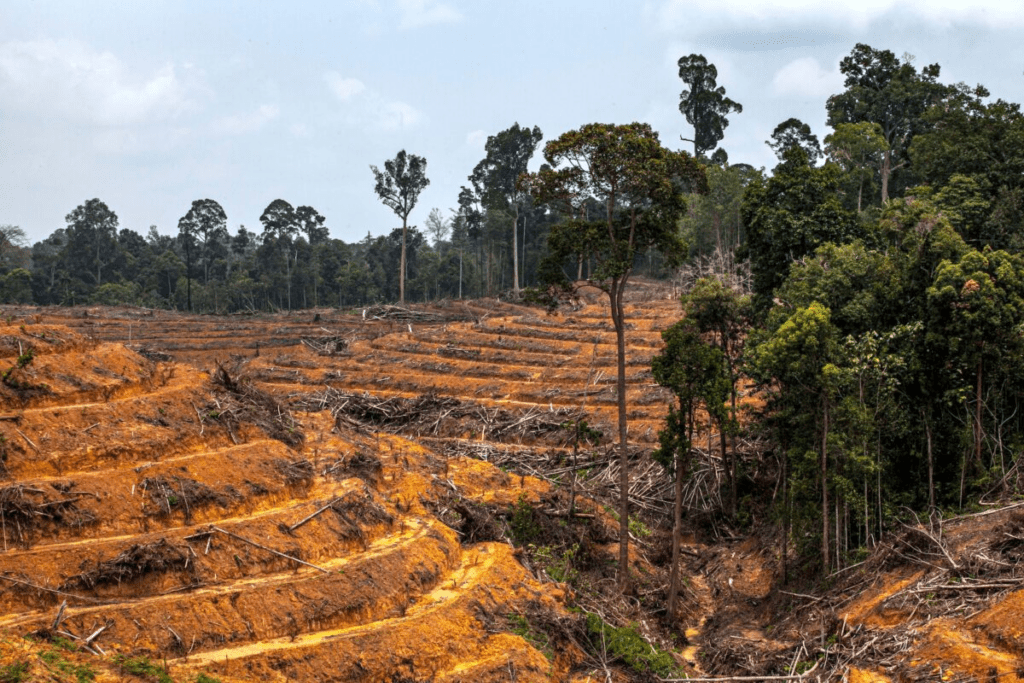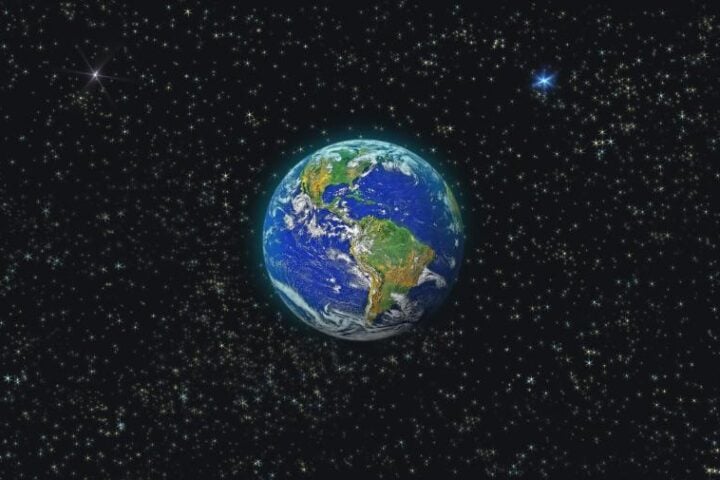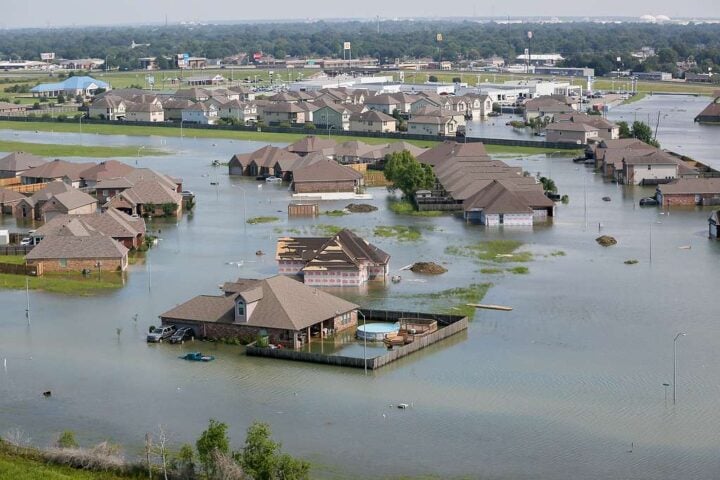The Global Oceanic Environmental Survey estimated that the amount of plankton in the ocean is reduced to halves within the past 40 years and it could be wiped out completely by 2040. Edinburg University marine biologist Howard Dryden conducted the study for the GOES at the Roslin Innovation Centre. Plankton is billions of marine drifters and organisms that maintain the balance of the ocean’s ecosystem by acting as food resources for fish, crustaceans, and other marine species. Plankton is also observed to generate 70% of oxygen.
Researchers of the GOES team collected samples from the ocean surface along the French and Portuguese coasts and then across the Atlantic to Colombia gathering almost 500 data points. Researchers expected to gather almost 5 patches of plankton in every 2.5 gallons of ocean water while they found an average of 1 patch.
According to the researchers, a huge amount of carbon dioxide dissolves into the seawater to form ions and hydrogen ions making the ocean acidic by lowering its PH. Acidic water reduces plankton growth in the ocean. Also, sudden petroleum spills and other industrial pollutants create an acidic environment in the ocean. Plankton are of two types zooplankton and phytoplankton which are respectively microscopic animals and plants. Phytoplankton absorbs carbon dioxide in their shells for photosynthesis. They sink to the bottom of the ocean floor when they die and thereby trapping the remaining carbon by creating a major carbon sink. Carbon sinks are also major sources of bicarbonate ions formation in the marine ecosystem and thereby increasing its PH level.
According to a report published by Byomkesh Talukdar and co-authors in the Journal of Climate Change and Health, says planetary health is dependent on the relationship between human systems and the natural systems. Climate change has strongly impacted the ocean’s biodiversity by an increasing amount of acidification and deoxygenation.
According to Talukdar and his co-authors, “The erosion of ocean biodiversity is having multiple effects on ocean-related planetary health. For example, the Ocean Living Planet Index, which measures trends in 10,380 populations of 3038 vertebrate species, declined 52% between 1970 and 2010. The OLPI also indicates that the global ocean fish stocks were over-exploited by 29%, ocean species declined by 39% and the world coral reefs decreased by 50%. Various anthropogenic, as well as climate change drivers, are responsible for ocean biodiversity erosion. According to Luypert et al., among many stressors, climate change bears a 14% responsibility for ocean species threatened to extinction…..A warm and more acidic ocean threatens the population pattern of phytoplankton, which during its growth emits much of the oxygen that permeates our atmosphere and transfers energy for higher trophic levels in the marine ecosystem. ”
















